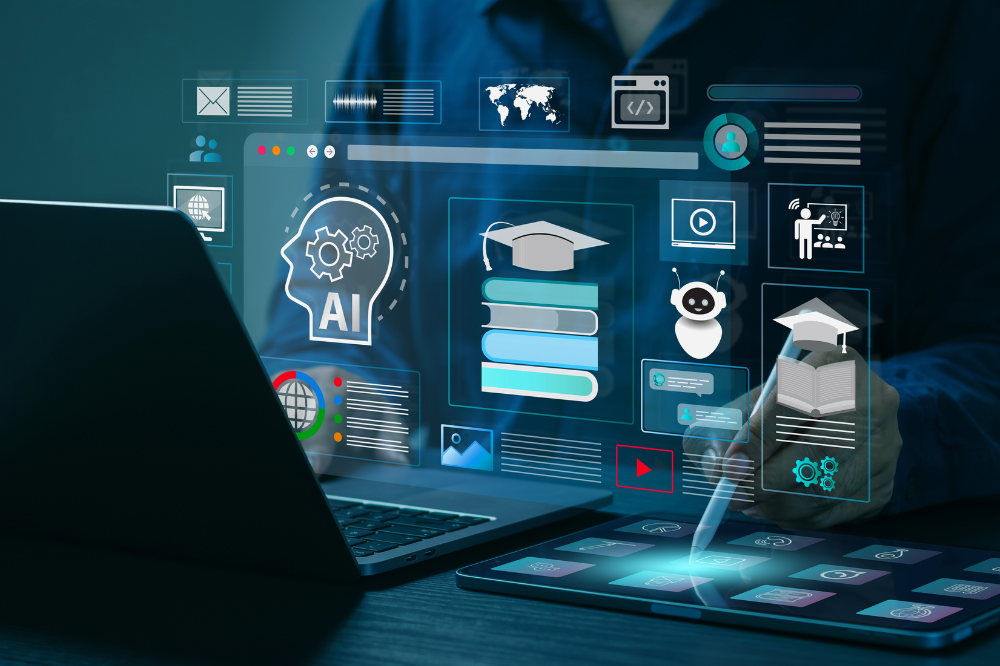
A study by international researchers underscored the transformative potential of generative artificial intelligence (GenAI) in education, while affirming that it cannot replace the vital role of teachers.
The study analysed 453 scholarly articles, including the 50 most-cited works of 2023, to examine GenAI’s applications, challenges, ethical considerations, and future prospects in academia. Dr. Tianchong Wang, a lecturer in STEM and innovative education at Flinders University, highlighted the rapid evolution of GenAI tools, particularly ChatGPT, which has sparked widespread debate in educational circles.
“Despite the growing excitement surrounding the integration of GenAI in education, there remains a notable gap in the existing literature regarding a comprehensive understanding of its applications, challenges, and ethical considerations,” said Dr. Wang.
AI’s educational applications
Since its release by OpenAI in late 2022, ChatGPT has achieved unprecedented adoption, gaining 100 million users within a month. Its success has prompted major technology firms, including Microsoft, Google, and Meta, to accelerate development of competing AI platforms.
Dr. Wang explained that GenAI can enhance education through diverse applications, such as tutoring, language translation, writing assistance, and coding help. “It’s also a valuable brainstorming partner, helping students generate ideas and explore concepts more deeply,” he said.
These tools have even been utilised in specialised fields like healthcare training, where they simulate patient interactions and provide real-time access to medical information. The study noted that GenAI’s advantages—including scalability, multilingual capabilities, and cost-effectiveness—can help reduce educational disparities and promote inclusive learning worldwide.
Challenges and ethical concerns
However, the study also highlighted significant challenges, including potential inaccuracies, bias, lack of human empathy, and concerns over privacy and security. Over-reliance on AI tools could hinder the development of students’ critical thinking and personal skills.
Academic integrity remains a key issue, particularly in low- and middle-income countries where tools to detect AI-generated content are limited. Even in regions with advanced plagiarism detection, identifying AI-generated submissions remains a challenge, necessitating innovative strategies to uphold academic standards.
The role of teachers
While acknowledging the benefits of GenAI, the researchers emphasised the irreplaceable role of teachers in education.
“Teachers provide more than just information; they inspire critical thinking, nurture emotional development, and build relationships that support students’ growth,” said Dr. Wang. “While generative AI can be a helpful tool, it cannot replace the human connection and mentorship that educators provide.”


